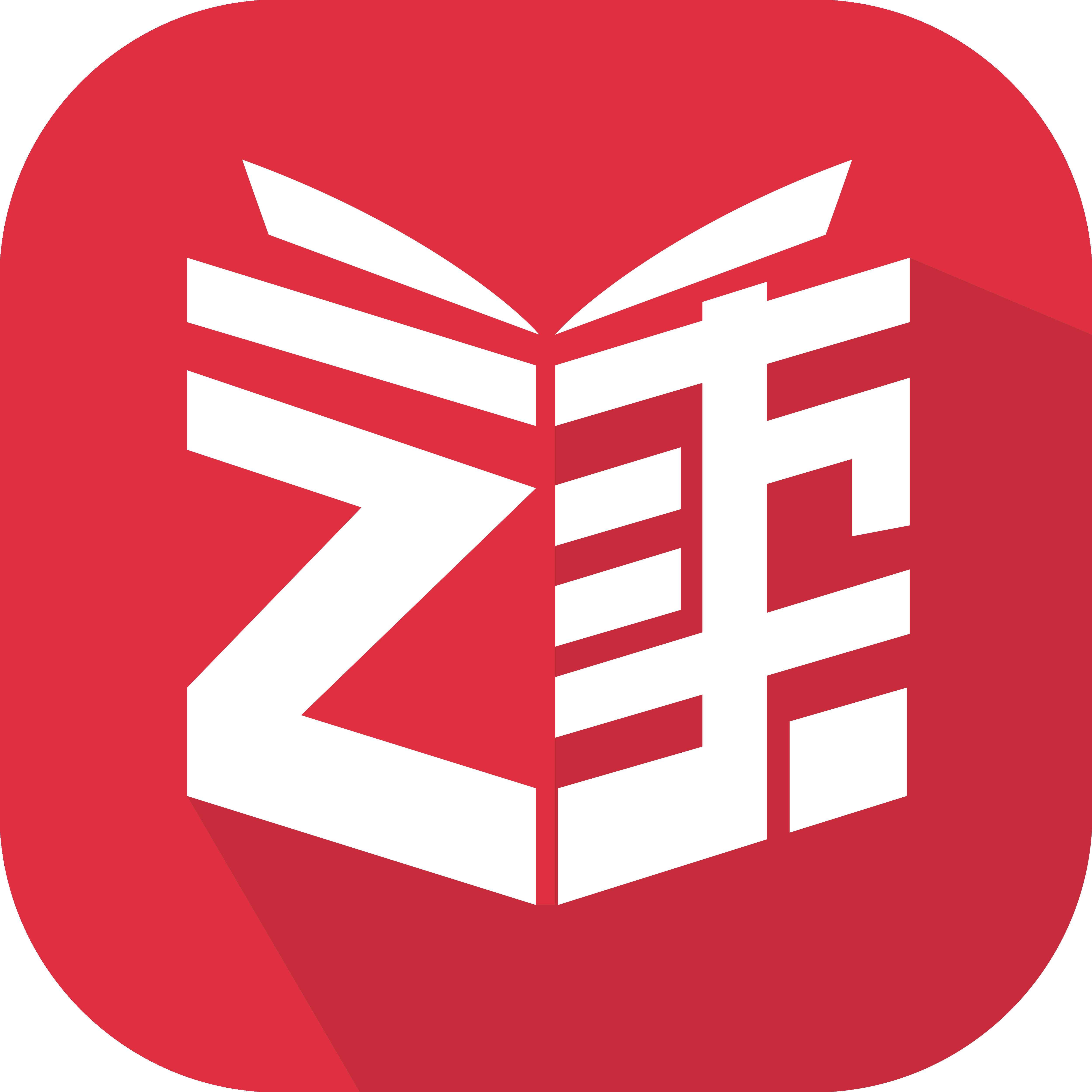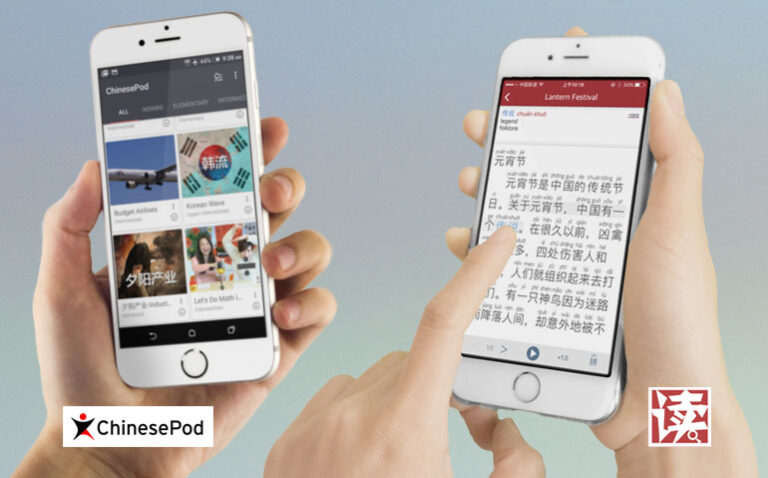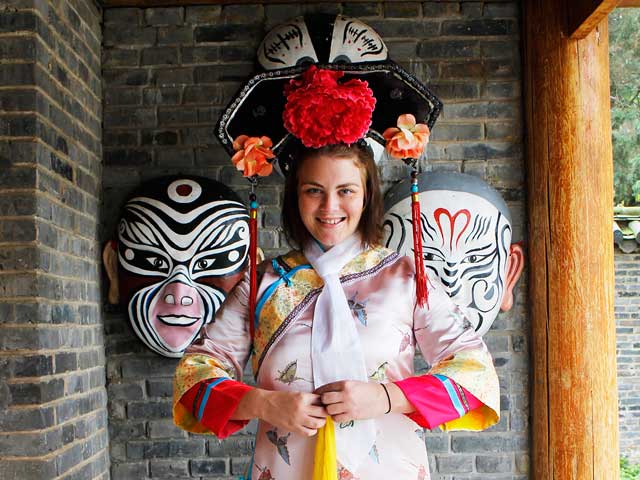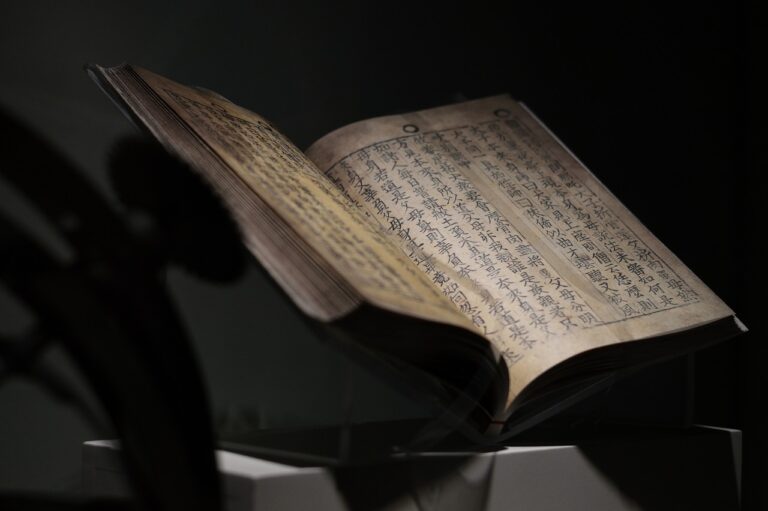Usages of 那个 Not Found in Textbooks
If someone were to ask you “Do you know how to use 那个?” your answer would probably be ”yes”.
Of course, “那个” is a very common word in Chinese, and everyone who has studied for a while has come across it. A lot of Chinese grammar books will explain the basic usage of “那个”, but there are some usages you might not know. Many of these only appear in spoken language, so many textbooks and dictionaries will not mention them.
In this blog post, we take a look at some of these spoken language usages of “那个”. Learn them, and you will be able to speak more like the Chinese.
那个 has two pronunciations: “nà ge” and “nèi ge”, with “nèi ge” being more common in spoken language. The basic meaning of “那个” is “that”. For example:
Now that we’ve reviewed the basic meaning of “那个”, let’s take a look at some other useful everyday usages.
Used to fill pauses. Like “uhh” or “well”.
Sometimes you get stuck in the middle of a sentence, perhaps because you’re looking for the proper word or expression to use. In English, when you are thinking you might use “uhh”, “umm”, or “well” to fill up the pause, right? In this situation you can use “那个” in Chinese. For example:
In this sentence, the girl just wanted to say “昨天我们去游乐园,坐了新开的过山车,可好玩了”, but she forgot the name of the attraction and filled the pause with two 那个 after “坐了” and “新开的” until she recalled it.
Used to soften an expression, or to express something you don’t want to say directly
For example:
In this sentence you can see that B wants to refuse A, but doesn’t want to say it directly. So B used “那个” to make the expression softer.
In the same way as above, the girls wants to say “Your attitude is too rude”, but didn’t want to use the word “rude” directly. Instead she uses “那个” to represent “rude”.
Sex, Period
Many Chinese do not feel comfortable talking openly about things like sex, and don’t like to use words like “做爱 (make love)” or “月经 (Period)”. Instead of them, of course they use “那个”.
Do you understand how to use “那个” now? Try it out and I’m sure your Chinese friends will think: “Wow, your Chinese is like that of a native speaker!”.
This is the accompanying blog post for our newbie lesson “Is that Daddy?“







